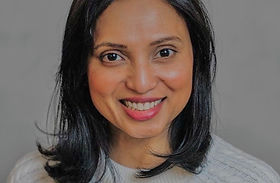Challenge
My challenge is to foster gender parity and equal representation in computing from a primary school level. In secondary schools, only 21% of students taking the Computer Science GCSE are female. Many girls perceive computer science as a field dominated by gaming and hardware, which does not align with their interests in creative and interdisciplinary technology applications. This perception and the lack of female role models and cultural stereotypes discourage girls from pursuing computing subjects. Minority groups face additional challenges in accessing and succeeding in computer science education. Black and Latinx students, for instance, encounter higher dropout rates and lower academic progression compared to their peers. These disparities are rooted in systemic biases, limited access to resources, and a lack of inclusive teaching practices. Schools often fails to provide the support and encouragement for these students to thrive in computing. At the primary school level, several factors contribute to these barriers. Limited exposure to computing, reinforcing stereotypes, varying teacher preparedness, and unequal access to quality resources can all discourage girls and minority students from developing an interest in computing early on. These early experiences shape their attitudes and confidence towards computing, impacting their choices in secondary education. The underrepresentation of girls and minority groups in secondary school computing education is not just a local issue but reflects a global challenge. The tech industry worldwide is experiencing a significant skills shortage, with many positions remaining unfilled due to a lack of qualified candidates. By not fully engaging girls and minority groups in computing education, schools contribute to a cycle of inequality that limits the potential talent pool and stifles innovation and growth globally. Understanding and addressing the barriers within primary and secondary schools that prevent these students from entering and succeeding in computer science is crucial.
_.png)
